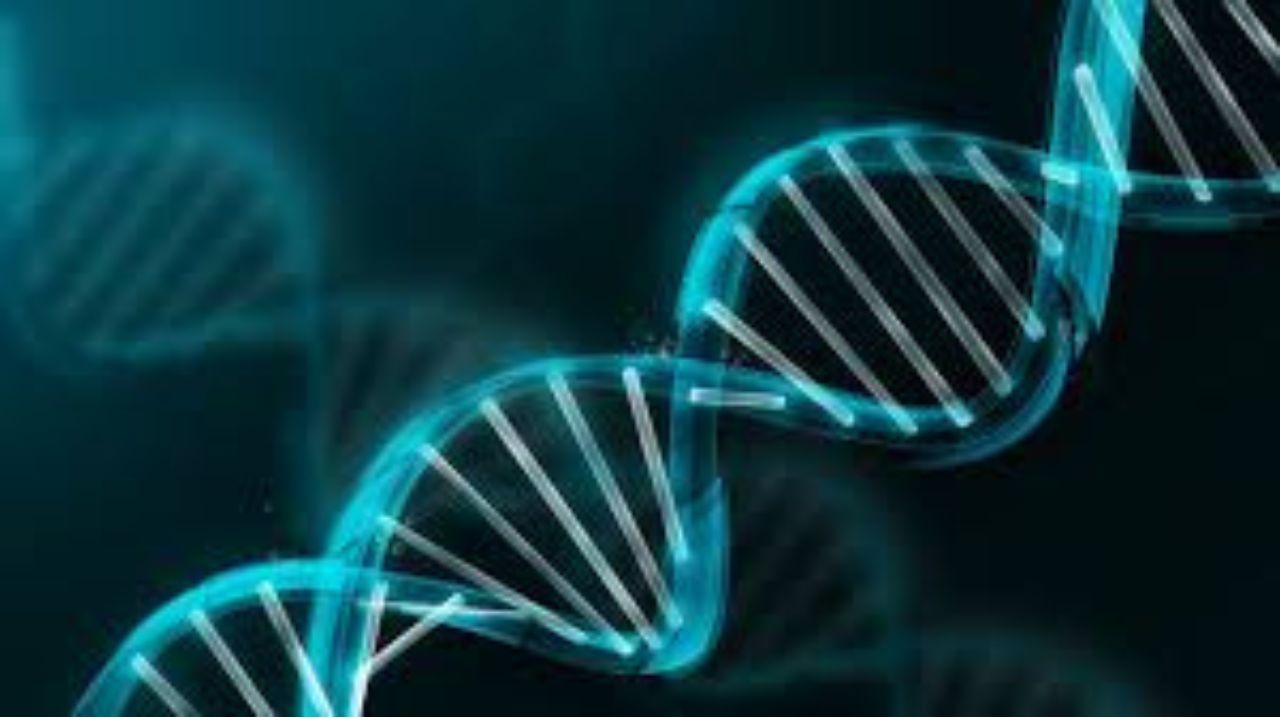Different types of Human Genes

Human genes can be classified in different ways based on their structure, function, and location on the genome. Here are some examples:
- Protein-coding genes: These genes contain the instructions for making proteins, which are essential for many biological processes in the body. Protein-coding genes make up about 1-2% of the human genome.
- Non-coding RNA genes: These genes do not encode proteins but produce RNA molecules that play important regulatory roles in gene expression and other cellular processes.
- Pseudogenes: These are non-functional copies of protein-coding genes that have accumulated mutations over time and are no longer capable of producing functional proteins.
- Regulatory genes: These genes control the expression of other genes by interacting with DNA and other regulatory molecules. Examples include transcription factors and enhancers.
- Mitochondrial genes: These genes are located in the mitochondria, the organelles responsible for producing energy in cells. Mitochondrial genes are inherited maternally and play a key role in mitochondrial function and metabolism.
- Structural genes: These genes code for structural components of cells and tissues, such as collagen, keratin, and elastin.
- Disease genes: These genes are associated with specific genetic disorders or predispositions to certain diseases. Examples include the BRCA1 and BRCA2 genes, which are associated with an increased risk of breast and ovarian cancer.
These are just a few examples of the different types of genes found in the human genome. Understanding the function and regulation of these genes is essential for understanding human biology and developing new therapies for genetic disorders and other diseases.
Specific Content Keywords : Protein-coding genes,Non-coding genes,Regulatory genes,Housekeeping genes Disease genes,Tumor suppressor genes Oncogenes,Immunoglobulin genes,Homeobox genes,Transcription factor genes,Receptor genes,Structural genes,Metabolic genes,Cell cycle genes,Epigenetic genes.

